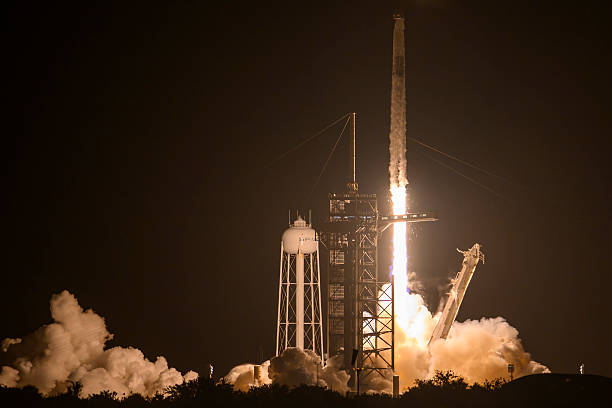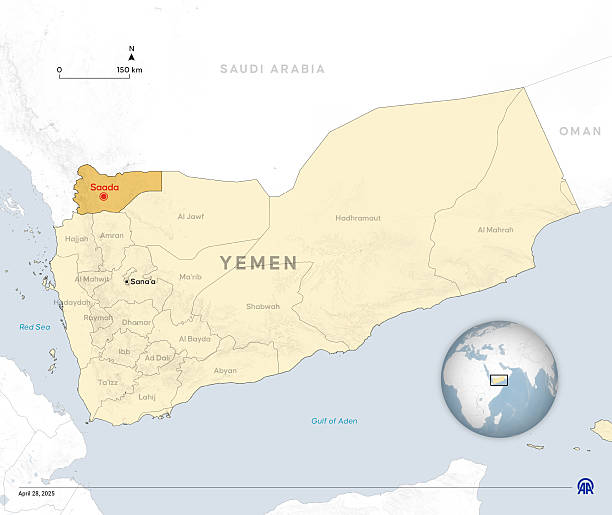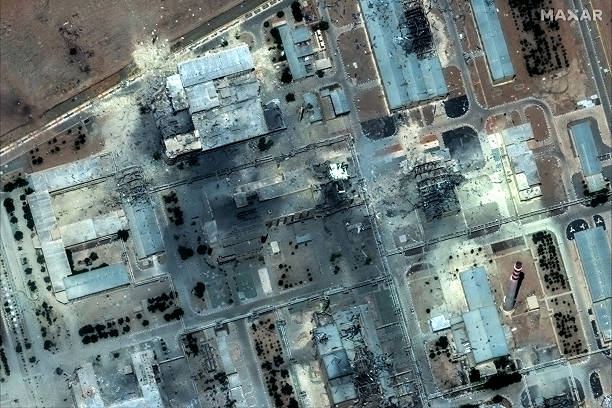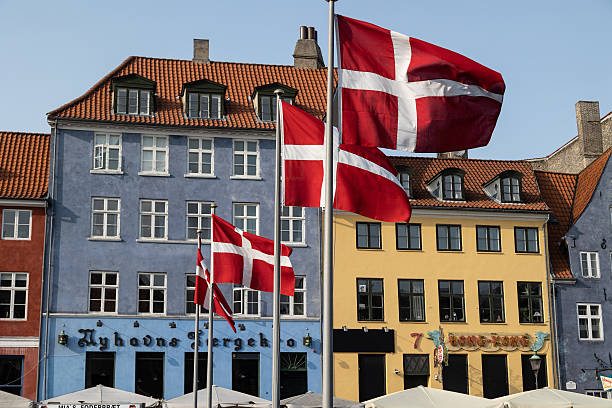India, Poland, and Hungary Launch First Astronauts in Over 40 Years on Private Axiom Space Mission
India, Poland, and Hungary launched their first astronauts in over 40 years on a private Axiom Space mission to the ISS, marking a milestone in global space cooperation.
 Axiom Space To Launch Mission 4 To The International Space Station
Axiom Space To Launch Mission 4 To The International Space StationIndia, Poland, and Hungary launched their first astronauts in over four decades on Wednesday, embarking on a privately arranged mission to the International Space Station. The two-week flight, organized by Axiom Space and launched aboard SpaceX’s Falcon rocket from NASA’s Kennedy Space Center, marks a milestone for the three nations as they return to human spaceflight.
The mission was delayed by two weeks due to concerns over leaks on the space station but ultimately lifted off successfully with four astronauts aboard: India’s Shubhanshu Shukla, Hungary’s Tibor Kapu, Poland’s Slawosz Uznanski-Wisniewski, and American astronaut Peggy Whitson, the most experienced U.S. astronaut to date. The capsule, named *Grace*, is expected to arrive at the space station the following morning.
Each country paid more than \$65 million per astronaut for the mission. None of the three first-time astronauts were alive when their nations launched their original space travelers with the Soviet Union in the 1970s and 1980s. Whitson, who has logged nearly two years in orbit and now serves as an Axiom commander, accompanied them on her second mission with the private company.
Each astronaut brought symbolic mementos and national foods: Indian curry and mango nectar, Hungarian paprika paste, and freeze-dried Polish pierogies. Kapu also brought the teddy bear used by Hungary’s first astronaut, Bertalan Farkas, in 1980. Uznanski-Wisniewski carried a flag worn by Poland’s first astronaut, Miroslaw Hermaszewski. Shukla, mentored by India’s first astronaut Rakesh Sharma, is flying a surprise gift in his honor.
While astronauts of Indian and Hungarian origin have previously flown with NASA or as private citizens, this mission marks the first time government-backed astronauts from those nations have flown since the Cold War era.
“This is the journey of 1.4 billion people,” said Shukla, who hopes his mission will inspire a new generation of innovators in India. Uznanski-Wisniewski echoed a similar sentiment, stating, “Space is for everyone.”
The flight is Axiom Space’s fourth chartered mission to the ISS since 2022. NASA, once resistant to nontraditional guests aboard the station, now supports commercial flights as part of its push to open low Earth orbit to private enterprise. NASA charges for crew accommodations and mandates that a seasoned astronaut accompany any private crews.
Hungary’s Kapu said this mission brings his nation “one step closer to the stars,” while Farkas called it “one of the most important moments” of his life.
Delays leading up to launch included switching SpaceX capsules to prioritize the return of NASA astronauts Butch Wilmore and Suni Williams, and addressing an oxygen leak on the Falcon rocket. NASA also paused the mission due to air leak repairs on the Russian segment of the ISS.
Upon reaching orbit, the crew broadcast messages in their native languages and expressed pride in representing their countries. The mission exemplifies growing global participation in space and sets the stage for future national and private sector collaboration in orbit.
Axiom Space is among several U.S. companies planning to build independent space stations ahead of the International Space Station’s planned deorbit in 2031. Meanwhile, SpaceX’s Falcon rockets continue to serve as reliable crew launch vehicles as Elon Musk’s larger Starship rockets undergo ongoing testing for future lunar and Mars missions.







Conversation